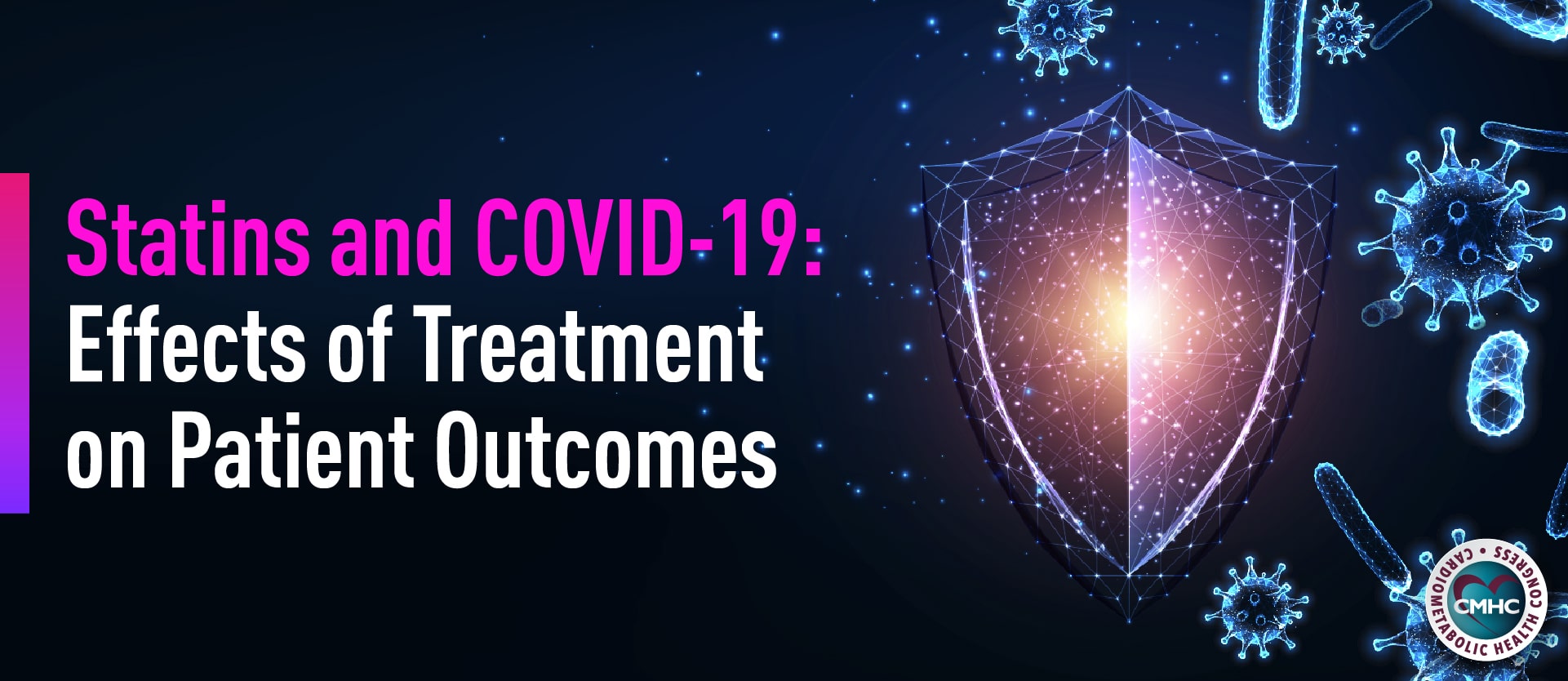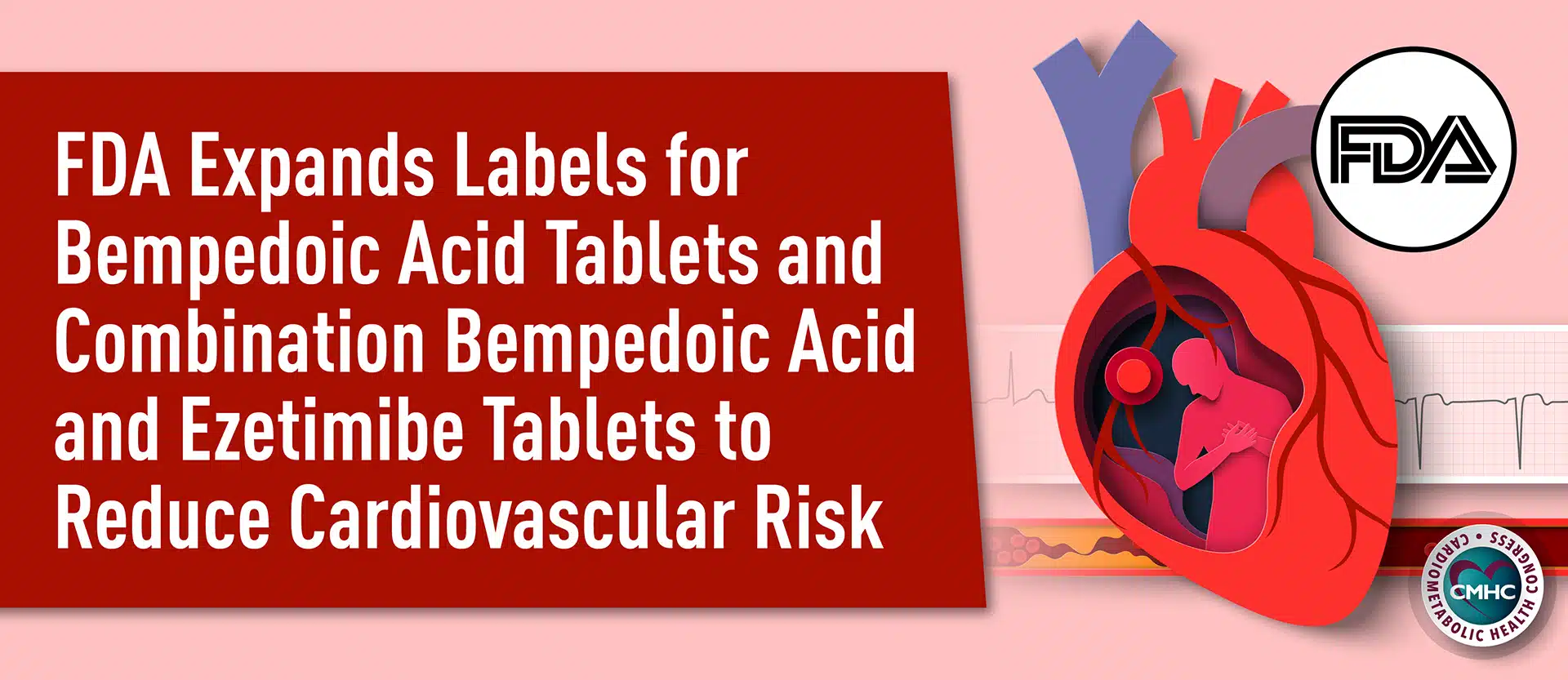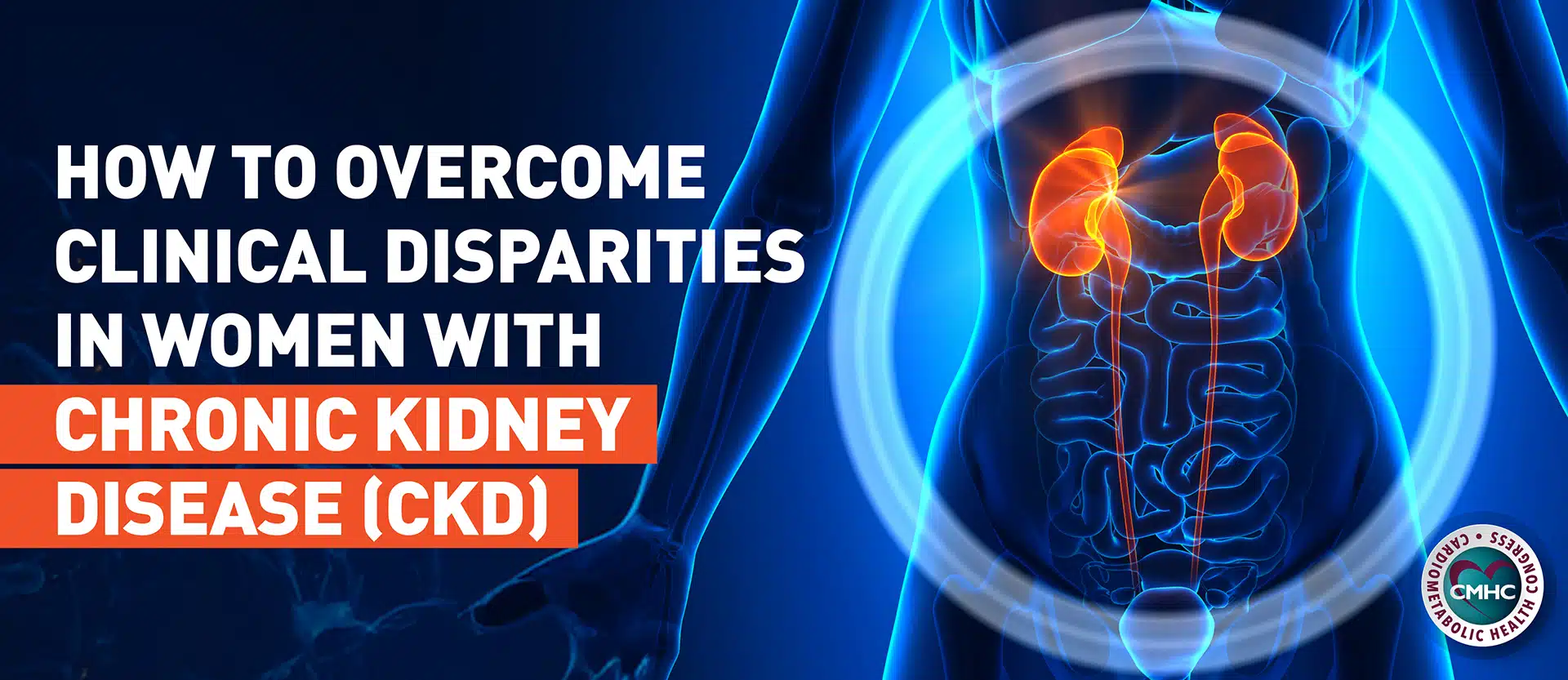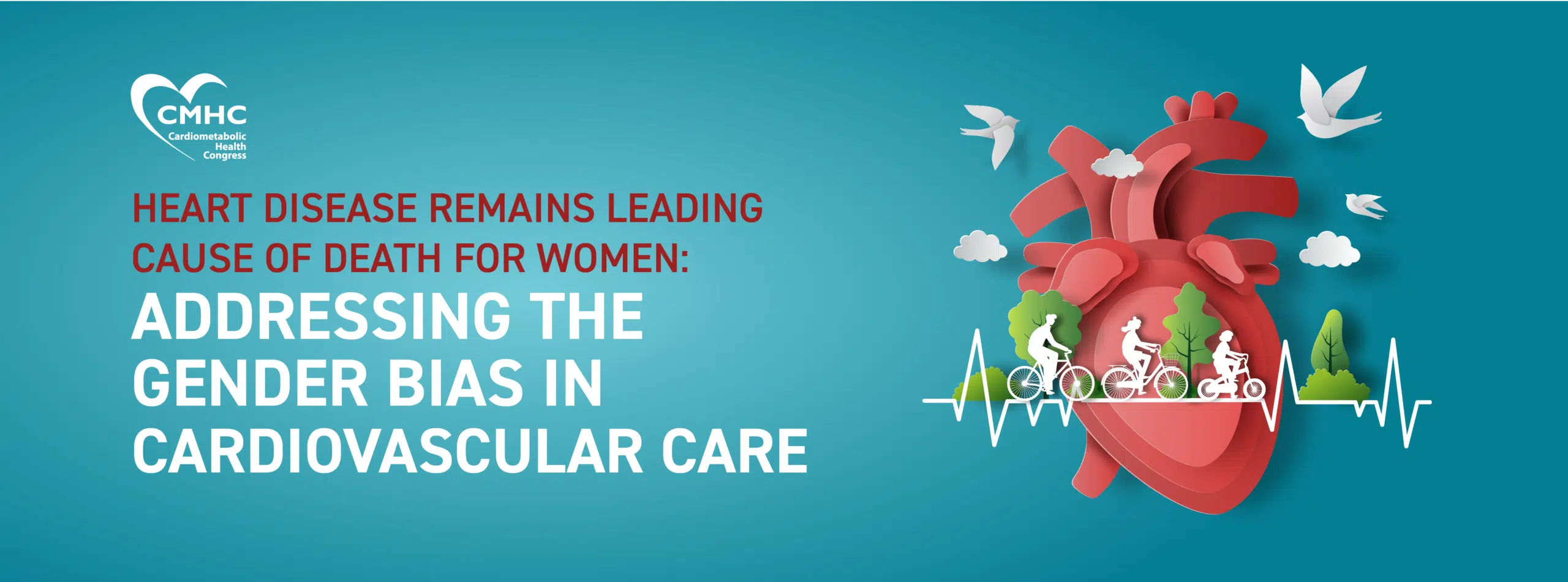In an attempt to discover efficacious and safe treatments for COVID-19, the scientific community has been repurposing existing medications with proven track records. One of these established medication classes is statins – which have an excellent record as safe and affordable therapies. Ongoing research is examining the broader use of statins in COVID-19 patients with current evidence suggesting they may lower mortality rates and the incidence of severe complications.
Opposing Viewpoints on Statin Benefits
Currently, medical experts hold two opposing viewpoints on the effects of statins on the clinical course of COVID-19 infection. As the dysregulation of the myeloid differentiation primary response protein (MYD) 88 pathway, which causes overwhelming inflammation in the body, has been observed and associated with poor prognosis in other coronavirus infections, this could also prove to be the case for COVID-19. However, statins are known inhibitors of MYD88 and can stabilize MYD88 levels in the presence of external stressors, this suggests they may play a role in protecting patients with COVID-19 from the development of inflammatory responses. Statins have been found to experimentally up-regulate ACE2 expression, therefore implicating that they may serve a protective function against lung injury induced by COVID-19.
On the opposite side of the debate, experts argue that statin medications lead to the up-regulation of low-density lipoprotein receptors, caused by a deficiency in endogenous cholesterol content in cells, which results in the continuous incorporation of exogenous cholesterol onto the cell membrane ultimately, enabling access for the coronavirus to enter. Additionally, they argue that statins may promote the development of a more severe course of COVID-19 illness as a result of an activated inflammasome pathway, which increases pro-inflammatory interleukin-18 (IL-18) levels and the subsequent cytokine storm observed in disease cases.
Benefits of Statins on Disease Outcomes
A recent meta-analysis published in The American Journal of Cardiology evaluated individual observational studies related to this subject and summarized the existing evidence on the effect of statins on the clinical outcomes of COVID-19 patients. A team of researchers analyzed Pubmed databases for studies that evaluated the risk of severe illness and/or mortality as related to COVID-19 illness among statin users and non-statin users. Studies were included in the data sample if they were of cohort or case-control design, included patients with diagnosed COVID-19, and had data available to compare the risk of severe illness and/or mortality among statin users and non-users.
Of the 274 potential studies yielded by the Pubmed search, only 4 met all eligibility criteria. Data from these trials covered a total of 8,990 COVID-19-positive patients. After conducting their meta-analysis, researchers reported that their findings revealed a significantly reduced hazard for fatal or severe disease in statin users compared with non-users in cases of COVID-19 illness.
“Current preliminary findings suggested a reduction in fatal or severe disease by 30% and discredited the suggestion of harms with the use of statins in COVID-19 patients,” the study’s authors wrote. The latest findings can be considered reliable due to the large cohort of participants which was adjusted extensively for multiple potential confounding factors, according to the authors.
Future Use of Statin Therapies
Although these results are promising, whether statin therapies can be implemented as adjuvant or independent treatments and become part of the standard care for COVID-19 patients regardless of hyperlipidemia status remains to be determined. More data from prospective, well-designed trials is needed to confirm the benefits of statins. At this time, hundreds of clinical trials evaluating a wide variety of pharmacological therapies for the virus are underway, however, the completion of these trials takes time.
In the meantime, treatment protocols are likely to continue evolving as burgeoning evidence becomes available and the scientific understanding of the novel coronavirus disease continues to progress.


















